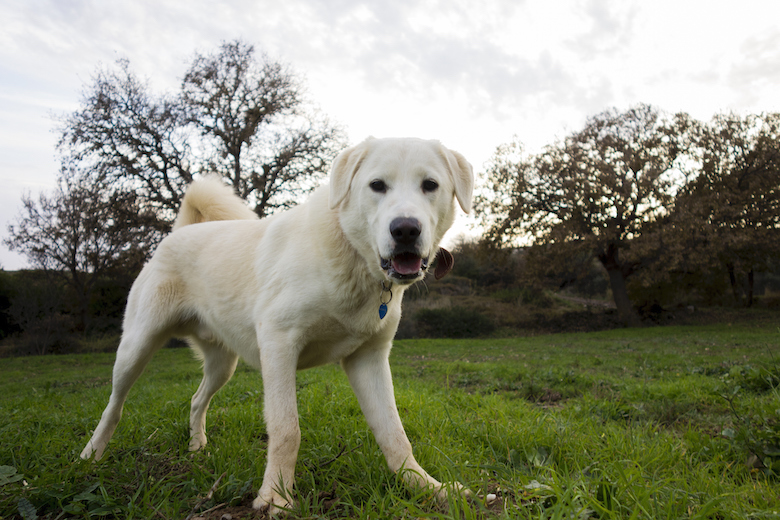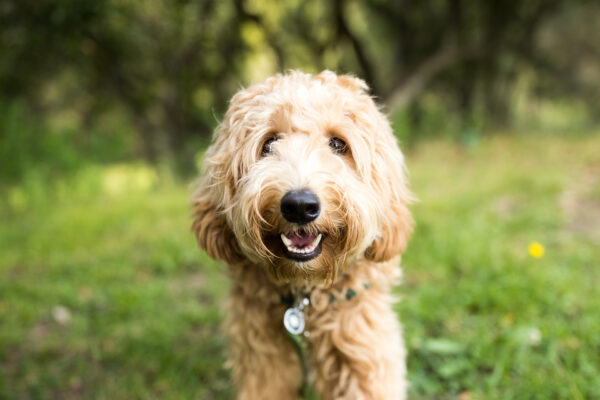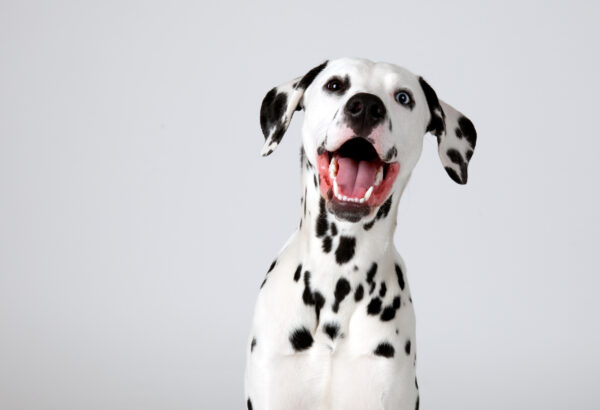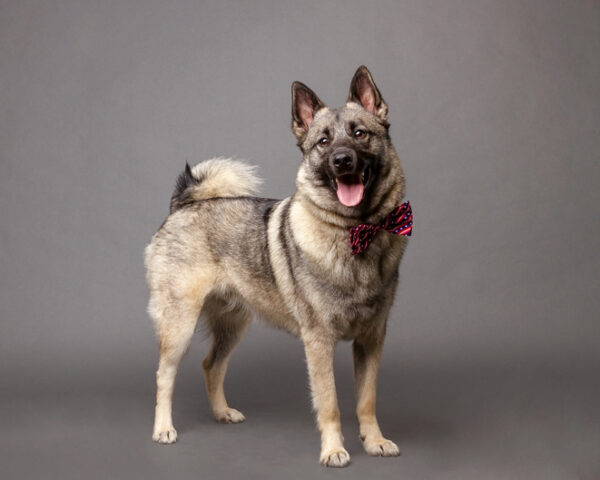Quick Facts
- Weight: 90 – 130 pounds
- Height: 28 – 32 inches
The Look of a Akbash
The Akbash has a large, muscular, long-legged frame covered in a thick, white, coarse coat that can be either short- or medium-length. Some longer coat versions also exist. They have a large, powerful head that is broad and slightly rounded, a sturdy, tapered muzzle, hanging V-shaped ears, almond-shaped eyes and a strong neck. Their strong backs lead to long, hanging tails.
Traits
- Calm
- Watchful
- Hardworking
- Independent
- Graceful
- Quick
Ideal Human Companion
- Outdoorsy types
- Cool-climate farmers & ranchers
- Active singles
What They Are Like to Live With
A natural guardian and worker, this dog breed is known its independent spirit that blends with a fierce protectiveness for home and family. These protective instincts—one might almost call them motherly—can be applied to adults, children and other animals. The Akbash feels a powerful need to care for and watch over loved ones. For centuries, this canine was praised for being gentle with sheep and fierce against wolves and predators.
The best way to keep an Akbash happy is to keep it busy. When it feels helpful, it feels complete. If you live on a farm or ranch, involve your Akbash in daily tasks. It is very intelligent, helpful and easily taught.
Things You Should Know
Being a serious-minded herding breed, the Akbash will probably not be happy living in an apartment. It needs room to roam in a safe area—preferably a large fenced yard, ideally a large piece of protected land.
They can live as long as 10 years. Common health issues include hip dysplasia and a joint condition called OCD (osteochondritis dissecans). The dog’s coat should be brushed regularly, especially during spring and fall shedding seasons.
Akbash History
The Akbash—named after the Turkish word for “white head”—is an ancient herding breed from Turkey. Though its exact origins are unknown, the Akbash is believed to date back several thousand years. It could be related to other herding breeds like the Kuvasz and the Komondor.





